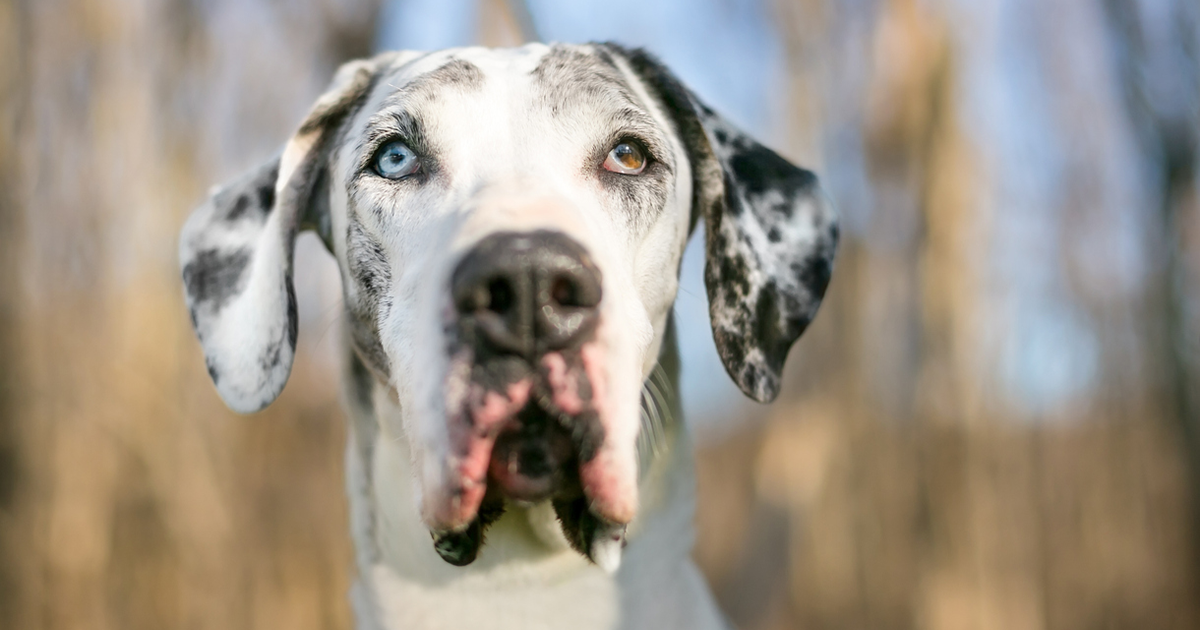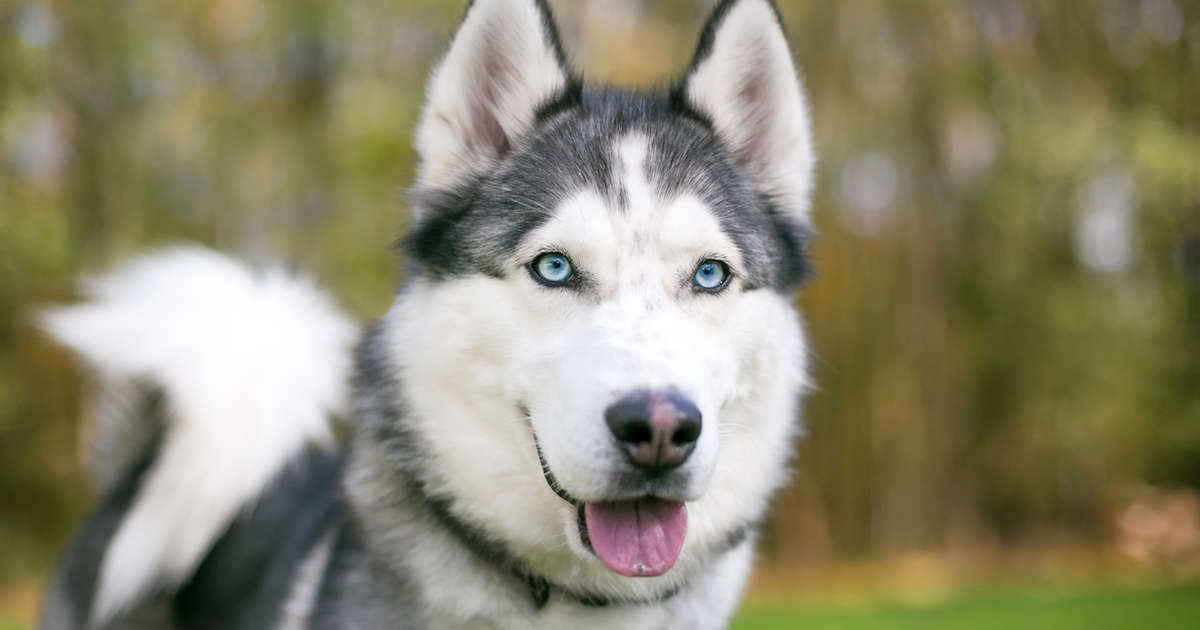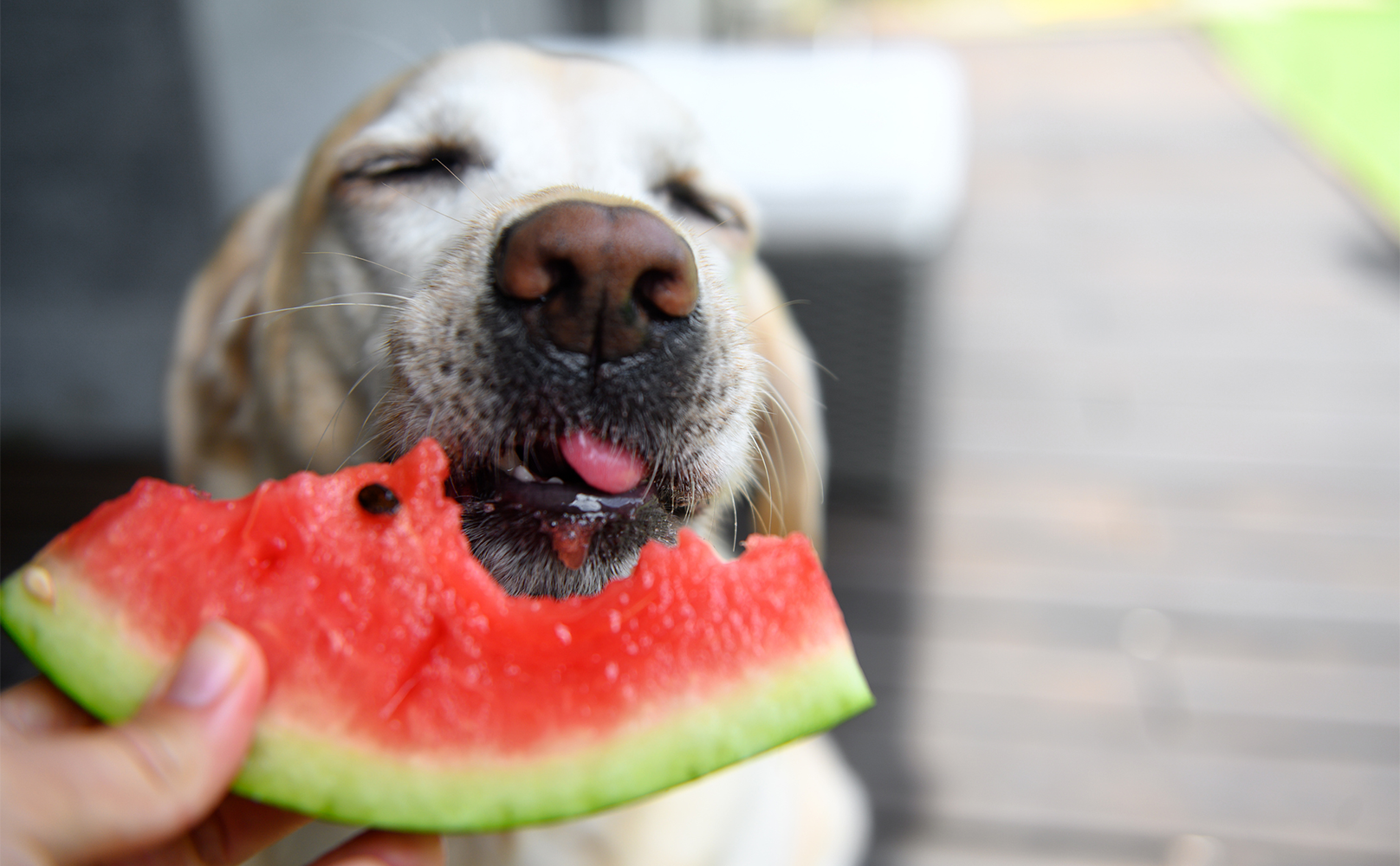Having a brand new puppy is a wonderful experience. Puppies are cute, unintentionally hilarious, and they basically radiate love 24/7. But having a puppy can also be incredibly stressful, especially if you’re a first time dog owner. Being babies and all, puppies don’t really know how to act around their owners or other dogs or even inanimate objects. They’re wild, full of energy, and as we’ll discuss more in just a moment, they do a lot of exploring – the kind that can sometimes get them into trouble.
So what’s a new dog owner supposed to do? Even in our modern world, where all sorts of information about dog ownership is just an Internet search away, it can often seem like we’re flying blind. And that’s totally fine when whatever’s going on with your puppy is low-profile, but what if your puppy is having a health issue, or (knock on wood) a genuine Grade-A emergency? Specifically, what happens when you’re brand new puppy, seemingly the picture of perfect health, starts to throw up unexpectedly?
Fear not. We’ve got answers!
Why Is My Puppy Throwing Up?
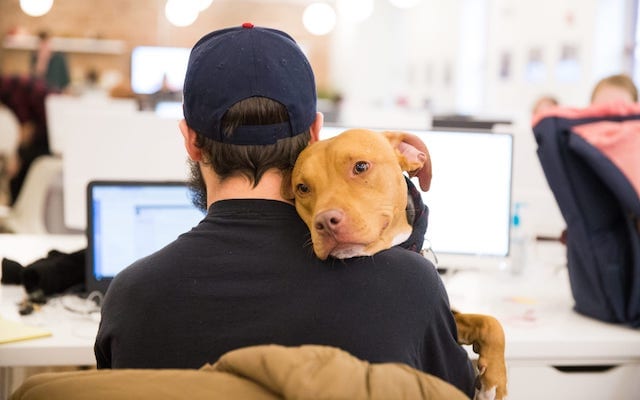

Because it’s natural. As you may well know by now, puppies (and the adult dogs they grow into) can be very mobile and very curious. They’re natural-born explorers just trying to figure out this whole living with humans situation. Can you blame ‘em?
However, one of the things that differentiates dog puppies from human puppies (or babies as they’re sometimes called) is that dogs tend to do a lot of that exploring with their mouths. Simply put, they eat a lot of stuff! And sometimes that stuff isn’t really meant to be eaten. Toys, poisonous foods, toxic household products, houseplants – you name it, a dog might eat it. So when a dog eats something they shouldn’t, the “vomit center” of their brain (we didn’t make it up, folks) will force them to barf it back up. This response is a natural as your dog’s desire to shred toys or play tug of war. It’s how they’ve made it as a species as long as they have.
There are also other factors to consider: things like changes in diet, separation anxiety, heat stress, diseases, parasites, and even motion sickness. And since there are so many different possible origins for your dog’s ride through the vomit comet, the first step you should take when you spot your puppy throwing up is to…
Assess The Situation!


- Make sure there are no obstructions by visually and physically examining your puppy’s mouth. If your puppy consumed something large or irregularly-shaped, it might still be in there impeding their breathing. And if there’s something in there, you should take your puppy to the vet right away.
- Notice any missing dog toys, human toys, or food items around the home? Anything out of place? It’s often a good idea to try and isolate the source of your dog’s current predicament and to determine whether or not your dog has ingested something poisonous. Again, if you have reason to suspect that your puppy might have eaten something poisonous or toxic, it’s best to scoot over to the vet.
- To the best of your ability make sure that your puppy is hydrated, as vomiting can cause a significant amount of fluid loss. If the puppy is vomiting repeatedly and can’t hold down fluid, you may want to try giving them ice cubes in a bowl instead.
- Reassure your puppy that they haven’t done anything wrong by showing them affection. This may seem unusual given the situation, but you don’t want to accidentally “correct” a totally normal behavior/biological response.
- Keep your puppy warm.
- If your puppy has only vomited once and now seems fine, then the whole ordeal might have been a one-and-done. But if your dog is continually vomiting, exhibiting signs of illness, or acting unusual in any way, it’s best to take them to the vet as soon as possible.
Vomiting VS. Regurgitation
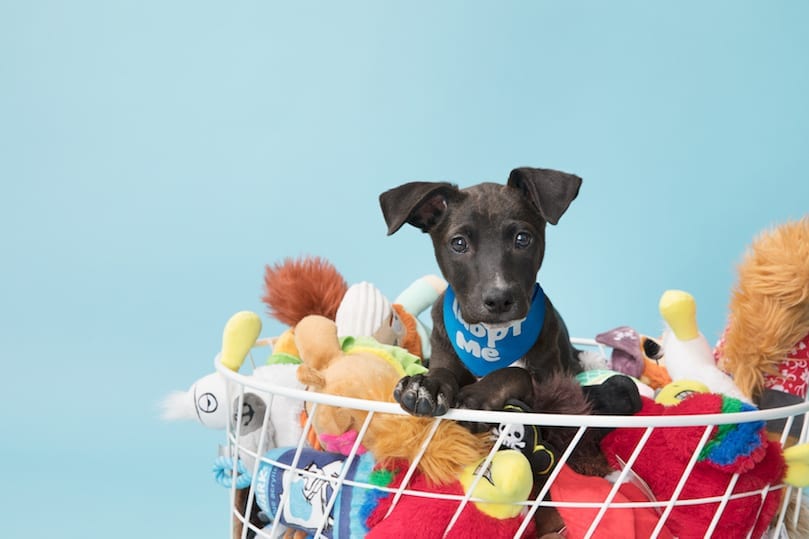

Although we tend to use the terms interchangeably, vomiting and regurgitation are two different things. You can usually tell your puppy is about to vomit because they (involuntarily) put their whole body into it. You’ll usually be able to notice your puppy’s abdominal contractions and hear a gagging or choking sound before they actually do the deed.
Regurgitation, on the other hand, is usually a calmer experience. Regurgitation can be the result of overeating or rapid eating. It almost always involves undigested or partially digested matter and occurs immediately or soon after eating. Vomiting involves the expelling of digested material and usually involves more serious health concerns.
At The End Of The Day…


Like we said, if your little fur buddy had a one-off incident, chances are there’s nothing to worry about. It’s usually best to keep a close eye on the puppy for a few days, just to make sure they’re a-okay.
But if you can’t find the cause of your dog’s vomiting and/or if they continue to be sick in the hours or days after throwing up, your best bet is to take them to the vet.
What Sort of Measures Can I Take In The Future?
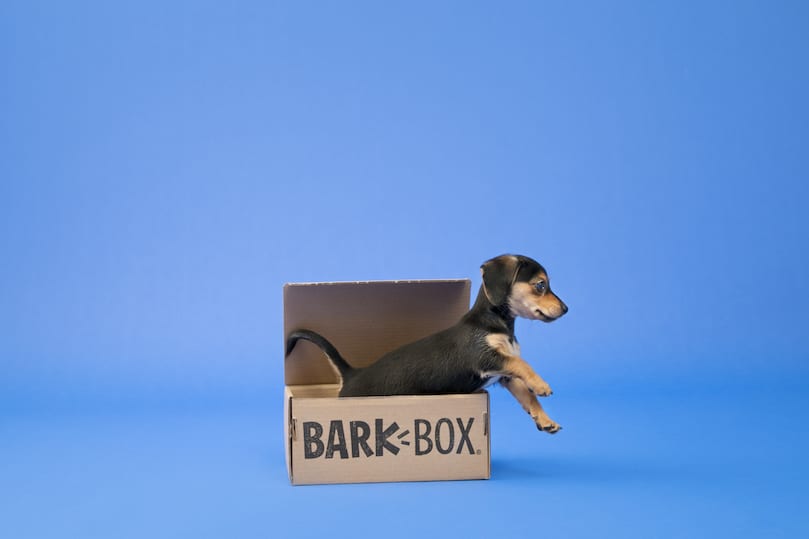

For starters, you can puppy-proof your house or apartment. As a responsible pet-owner, it’s your duty to make sure that your puppy isn’t eating or interacting with things that they shouldn’t be in contact with. That means keeping the hazardous materials we discussed earlier out of paw’s reach.
Being proactive by giving your dog safe toys, treats, or food items and rewarding them for interacting with those items is also a great way to monitor their health. It also sets up some good behaviors for your puppy to follow into adulthood.
Perhaps the most important of all precautionary measures isn’t much of a precautionary measure at all. Being present for and aware of your puppy as they move about the world is a surefire way to keep them healthy and happy!



